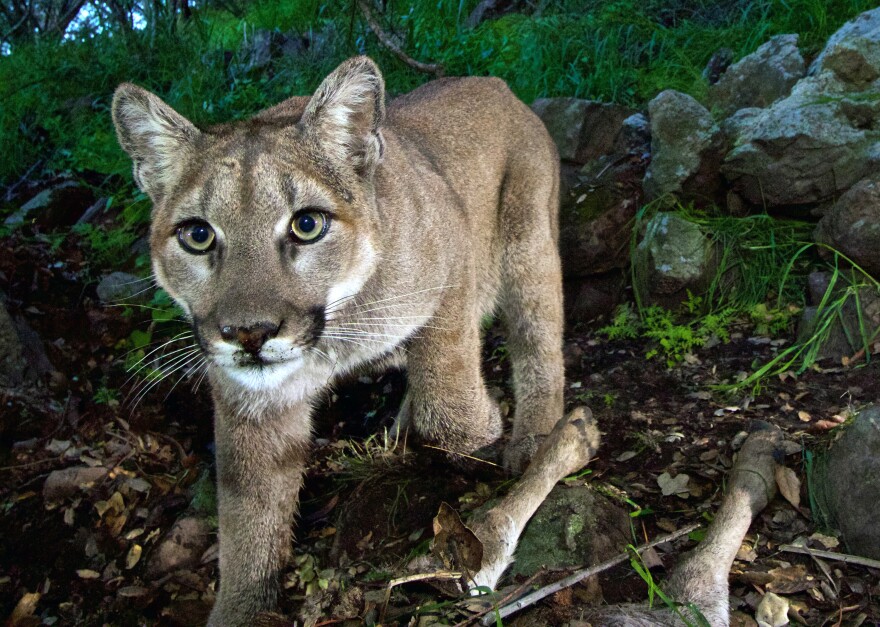At the Utah Legislative Session in February, Rep. Casey Snider, a Republican from Paradise, introduced H.B. 469 Wildlife Related Amendments. The bill is intended to improve and clarify hunting and fishing in Utah, but Snider said it has many facets.
“The one that was most important to me was the ongoing fund for the public acquisition of places for regular people to hunt and fish. It's obviously had several others, some of which have been controversial, some of which have not been controversial,” Snider said.
Aaron Bott, a wildlife biologist and Ph.D. student at Utah State University studying large carnivores, said the bill is mostly positive for water and wildlife in Utah. However, he was concerned about the bill’s changes to mountain lion management.
“This allocated — I believe it was a million dollars for conservation. But then, kind of at the eleventh hour, the Senate passed — without any public comments, really without any notification to anyone — that this bill would also include changes to mountain lion management within the state of Utah,” Bott said.
The biggest changes include removing specific hunting season dates and eliminating permit requirements.
“Now, anyone with just a hunting license can go out any time of year. And they can hunt and they can trap mountain lions,” Bott said.
The amendment was added by Sen. Scott Sandall, a Republican from Tremonton. Snider said the amendment may have been added as a concession to those who expressed concern about the additional money set aside for wildlife.
“I will say that all legislation is compromise," Snider said. "I think from a biological perspective, this bill will not be as detrimental as those crying about it will believe it to be."
Caitlin Curry, Vice Chair of the Utah Chapter of Backcountry Hunters and Anglers (BHA), said mountain lions are very difficult to hunt.
“So given that, it's probably unlikely that this will significantly impact harvest rates,” Curry said.
However, the BHA publicly opposed the mountain lion hunting amendments because of how they were introduced.
“When it was beyond committee discussion, and the opportunity for public input, that's when this amendment got added. And it got added and passed extremely quickly, before anybody really had the chance to provide any sort of comment. It kind of surprised a lot of individuals in the hunting community, including our group. The DWR was surprised as well,” Curry said.
Bott said this kind of legislation ultimately devalues the species and those involved with its management.
“It devalues the Division of Wildlife Resources, and the biologists that … try and accrue a lot of science and data to help us manage this predatory species. It also devalues the wildlife board and our regional advisory committees, and many people from the general public who invest a lot of time in trying to create cougar management plans,” Bott said.
Snider said the reality is that imperfect people make the decisions about wildlife policy.
“I will say that the legislature — specifically in some of these very controversial issues over the last several years — has had to act as a backstop to the wildlife board,” Snider said.
Both Curry and Bott argued that the way this amendment was introduced goes against science-based wildlife management.
“Ultimately, the legislature is who grants the DWR the jurisdiction that they have to be able to manage wildlife. That being said, … we did feel as though this ... does set a poor precedent for wildlife management. And it puts future decisions at risk, out of the control of hunters and stakeholders in the wildlife community,” Curry said.
H.B. 469 was signed into law by Gov. Cox in March and went into effect on May 3. Required rule changes will be presented as an informational item to the Utah Wildlife Board at the public board meeting in June. The bill does not change the classification of mountain lions as protected wildlife in Utah.



